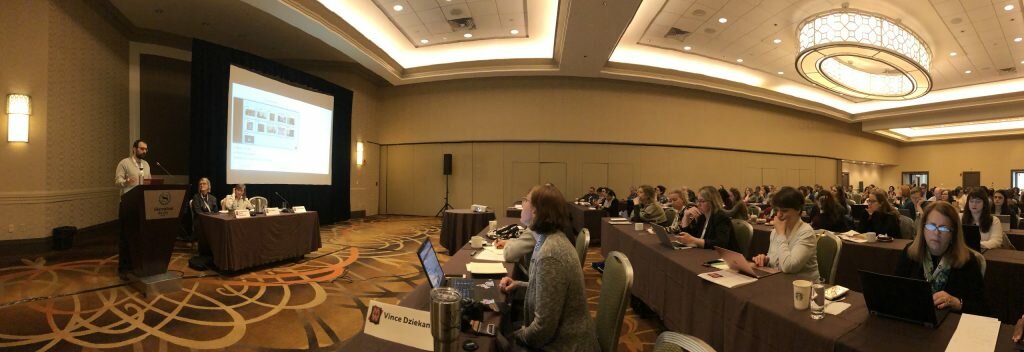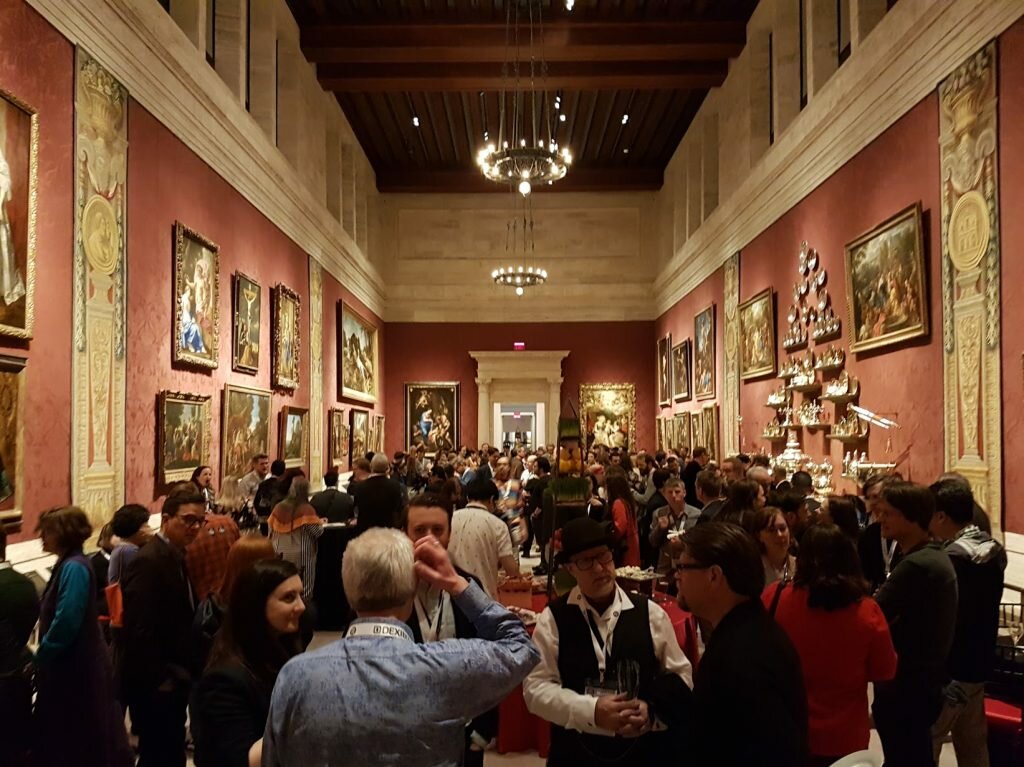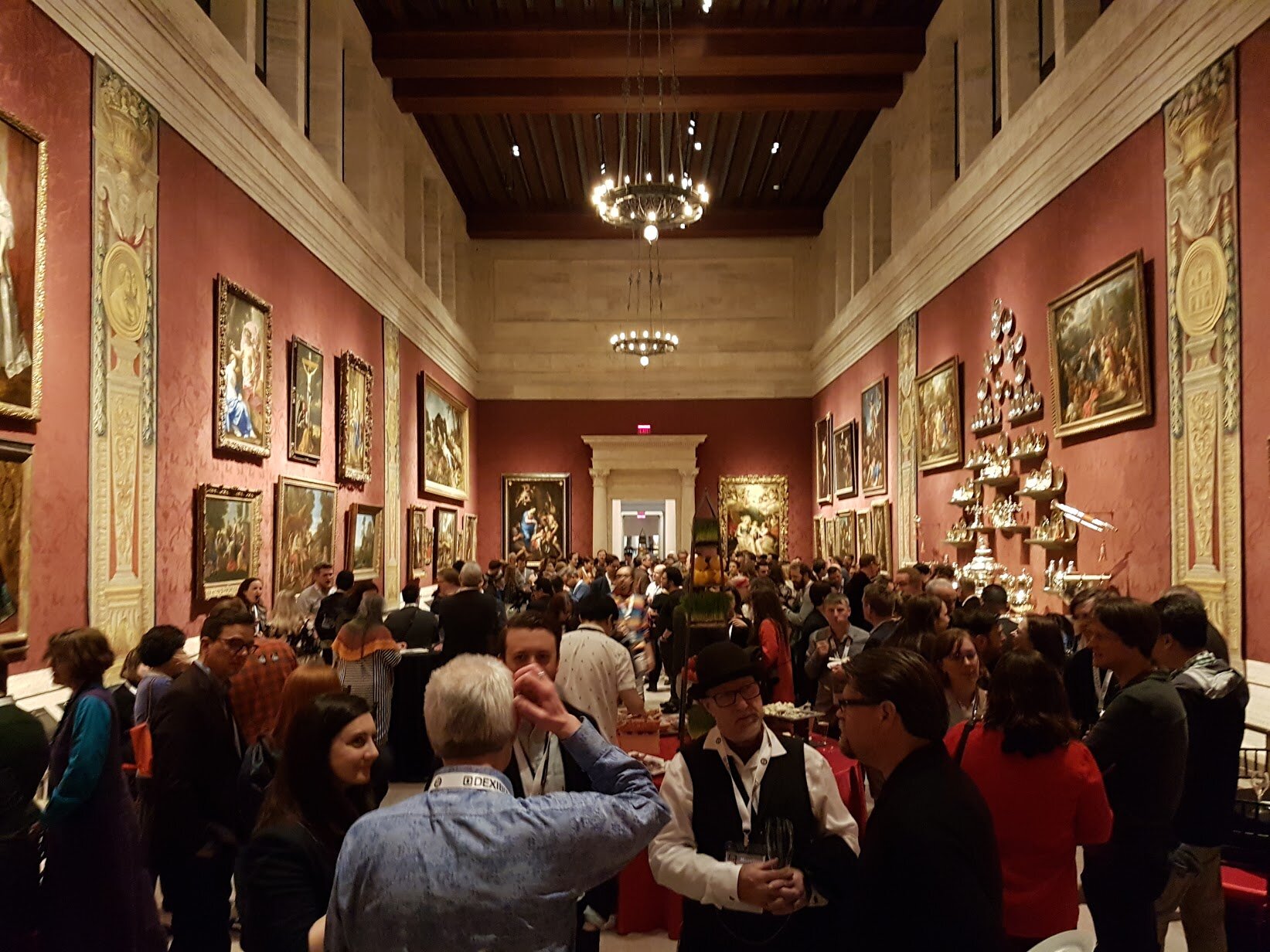EMOTIVE’s partner ATHENA traveled to Boston in early April 2019 to participate in MuseWeb ‘19 (the new name for the popular “Museums and the Web” conference). The conference is organised annually and explores advanced research and exemplary applications of digital practice for cultural, natural and scientific heritage. ATHENA had a taste of the latest digital creations for museums and cultural heritage sites around the world and presented its latest work to the hundreds of the conference’s participants.
ATHENA’s publication was about a digital storytelling experience for the Criminology Museum, one of the museums of the National and Kapodistrian University of Athens. Situated inside the University’s medical school, the museum displays criminal investigation evidence material, thus making it a prime example of a “dark heritage” site (also known as “difficult heritage” or “dissonant heritage” sites). The museum is not easily accessible, since it is generally closed to the public and follows a scientific display approach which makes it mostly interesting for professionals and students in the field of forensics and toxicology. Interestingly though, there is a strong demand by non-experts to visit the museum on their own, something that happens only by appointment and with guided tours offered by the forensics and toxicology laboratory’s staff. By creating a digital experience for the museum, ATHENA had the opportunity to ease the work of the university’s staff, but also to explore a new approach in the creation of museum experiences for “dark heritage”.
Taking advantage of the strange and sometimes shocking exhibits and their relation to human nature, ATHENA introduced the use of the “essential questions” concept into the design of the digital experience. “Essential questions” is a tool used widely in education to engage students and teachers into a meaningful dialogue related to the topic at hand. Open-ended, relatable and intellectually engaging, these questions engage museum visitors with the exhibits and their history, calling visitors to make their own interpretations and to try and understand the criminal mind from their own perspective.
All of this is combined with the digital storytelling practice that the team has been exploring for several years, resulting in two complementary experiences: (a) one that engages the visitors through a fictional crime investigation story and (b) one that lets them explore the gallery at their own pace, forming their own questions based on the initial essential questions that are provided to them. These two are combined to create a consistent storytelling experience utilising essential questions to create a personal, engaging experience in the museum.
The outcome of this work is not only the digital storytelling experience for the visitors, but also a new way to design museum experiences overall. As we found out, the design process is in itself influenced by the choice of essential questions, which make the whole process much more focused and targeted.
If you want to dig deeper into ATHENA’s work to see how this experience fared with the visitors and how the experience was designed, you may read the publication online on the MuseWeb’s website. Additionally, the slides of their presentation are available through MuseWeb’s slideshare. While you are there, it is a great opportunity to also explore the fascinating work of the other conference participants!


Blog post by Vassilis Kourtis from Research and Innovation Center "Athena".
